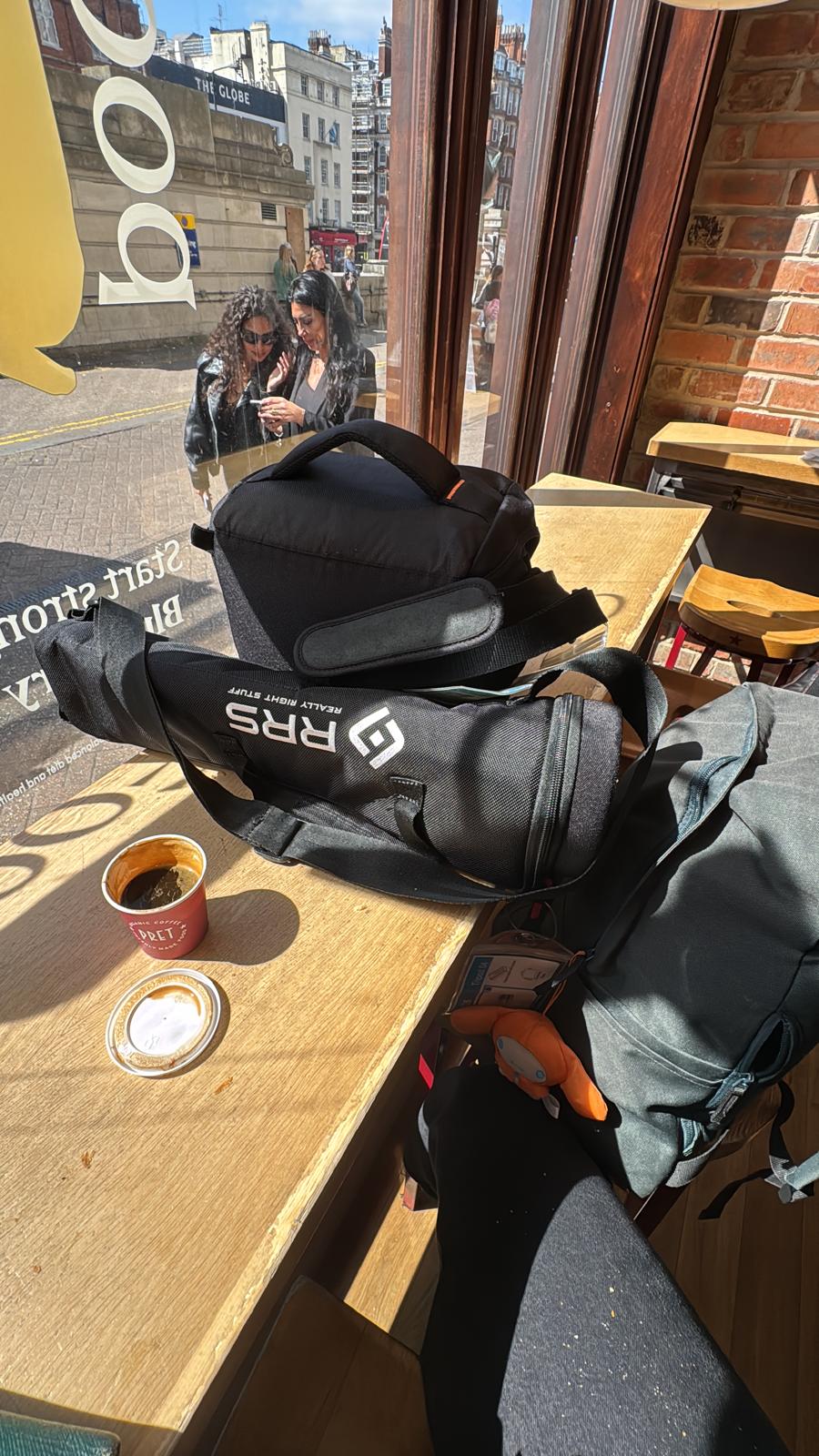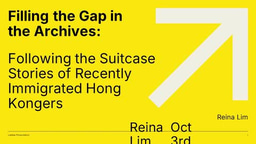Reflection 1
|
This summer, I will be embarking on a journey to interview Hong Kong families who have moved to the UK. As I set out on this journey, I was filled with excitement and a sense of responsibility—this was not just a filmmaking endeavor but also an opportunity to document the stories of a community navigating life far from home. The first leg of my journey was a solo venture. All my interviews in the initial week were scheduled in London, a city I was somewhat familiar with, given its similarities to Hong Kong in terms of infrastructure and density. The tube system, the bustling streets, and even the rhythm of life felt reminiscent of home, which eased my transition into work. Still, the weight of managing everything alone—from logistics to interviews—was daunting. So, before diving into the first interview, I dedicated an entire day to testing my equipment. Ensuring that my camera, microphone, and lighting were functioning properly was crucial—technical failures could derail an entire interview. I rehearsed framing, audio levels, and backup recording setups, knowing that preparation would minimize risks later. One of the most striking aspects of this process was how eager the participants were to share their stories. Many expressed that they hadn’t spoken to other Hong Kongers outside their immediate circles in a long time. For some, this was the first time they had openly discussed their experiences since leaving home. There was a palpable sense of relief, even catharsis, in these conversations. Hearing their reflections—on identity, belonging, and the challenges of adapting to life in the UK—brought back waves of nostalgia for me as well. Small things, like the way they pronounced certain words or the foods they missed, reminded me of my own distance from home. At times, it felt like I wasn’t just documenting their stories but also reconnecting with fragments of my own past. Despite my preparations, filming came with its fair share of challenges. My camera stand, which had seemed sturdy during tests, wobbled unexpectedly for some outdoor shots, forcing me to improvise with makeshift stabilizers. Wind was another persistent enemy—even with a deadcat muffler, gusts occasionally distorted audio. There were moments of frustration—times when a perfect shot was ruined by a sudden technical glitch or when an emotional interview moment was interrupted by unexpected background noise. Yet, these obstacles also taught me resilience and adaptability. I learned to always have backup batteries, to scout locations more thoroughly for wind interference, and to remain calm under pressure. Beyond the technical aspects, this process deepened my understanding of storytelling. The interviews weren’t just about asking questions—they were about listening, creating a space where people felt safe to open up. I realized how much trust is involved in documentary filmmaking; these individuals were entrusting me with their narratives, and I owed it to them to handle their stories with care. This journey has also reinforced my connection to the Hong Kong diaspora. Hearing the varied reasons for leaving—political upheaval, economic uncertainty, the search for stability—painted a complex picture of migration. Some spoke with optimism about building new lives, while others grappled with lingering grief for what was lost. As I continue this project, I carry these early lessons with me. The technical hiccups have made me a more meticulous filmmaker, the emotional interviews have reminded me of the power of human stories, and the shared moments of familiarity have strengthened my resolve to document this community authentically. This is more than just a documentary—it’s a preservation of voices that might otherwise go unheard. And for that, every challenge along the way has been worth it. |




Please sign in
If you are a registered user on Laidlaw Scholars Network, please sign in